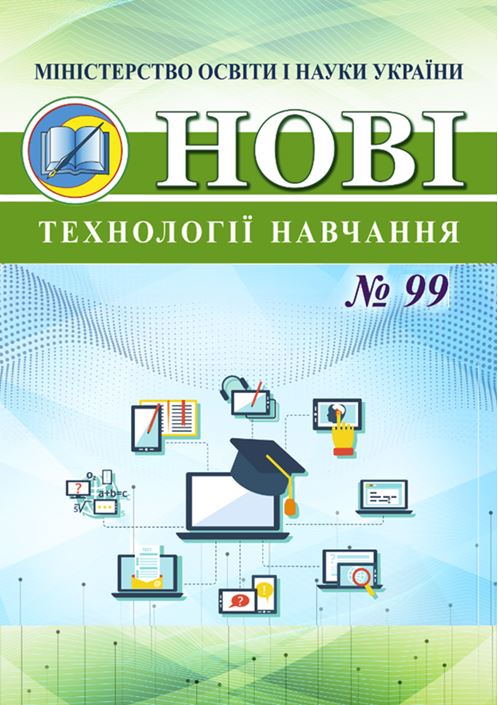National identity as a key factor in strengthening youth resilience during wartime: educational and civic perspectives
DOI:
https://doi.org/10.52256/2710-3560.2025.99.02Keywords:
national identity, youth, war, resilience, patriotism, education, upbringing, civic values, educational potentialAbstract
The article explores the role of national identity as a factor in shaping the psychological, social, and civic resilience of youth under martial law conditions.
National identity is defined as the awareness of belonging to a nation, based on shared culture, history, language, and values. It performs an integrative function by forming a sense of «us» in contrast to «others».
Psychological resilience is viewed as the ability to adapt to stress, maintain internal balance, and find resources to overcome difficulties. Social resilience is described as the capacity of communities to function and develop during crises. The study concludes that identity acts as a kind of “social glue,” uniting people around shared values.
Civic resilience is presented as the ability to participate in political, public, and economic life despite external challenges. In wartime conditions, young Ukrainians are becoming more active, demonstrating a sense of responsibility for the future of the country. Youth with a strong national identity are more inclined toward solidarity, volunteering, and civic engagement.
The article analyzes the educational and pedagogical potential in strengthening national unity, patriotism, and responsibility among the younger generation. It examines mechanisms for integrating identity-forming practices into educational programs, as well as the importance of cultural and historical context in the upbringing process.
Special attention is given to practical mechanisms for supporting youth through education, the arts, civic involvement, and volunteerism. The article highlights the significance of innovative educational projects and national-patriotic initiatives aimed at forming youth identity. These initiatives, conducted nationwide, demonstrate the role of cultural heritage and artistic tools in fostering a generation capable of responding to the challenges of the times.
Practical recommendations are offered for educational institutions on implementing a targeted national upbringing policy to enhance youth resilience in crisis situations. The conclusion substantiates that national identity is a key resource for youth resilience and self-organization under challenging circumstances.
Downloads
Published
How to Cite
Issue
Section
License
Copyright (c) 2025 Світлана Бойко

This work is licensed under a Creative Commons Attribution-NonCommercial-ShareAlike 4.0 International License.
Із зазначенням авторства - Некомерційна - Розповсюдження на тих самих умовах 4.0 (CC Attribution-NonCommercial-ShareAlike 4.0)







